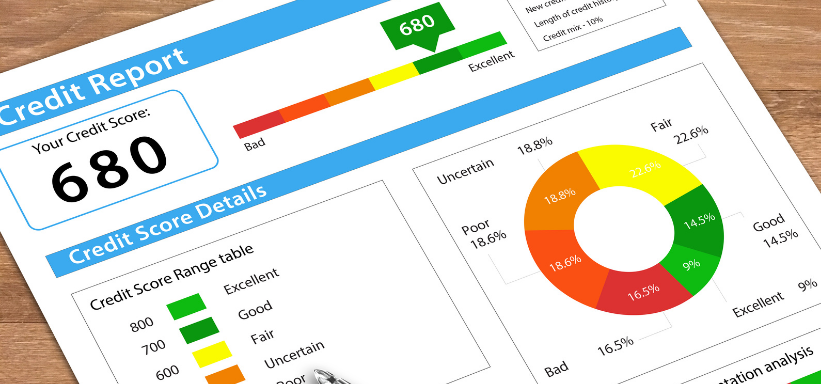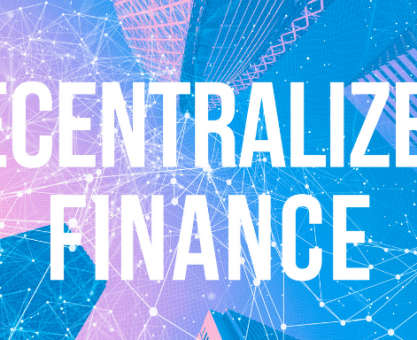Executive Summary
-
Blockchain technology is revolutionizing traditional credit scoring systems.
-
Decentralized Finance (DeFi) offers a more transparent, accessible, and equitable credit evaluation method.
-
Key challenges include regulatory hurdles and privacy concerns.
-
Emerging blockchain platforms provide real-world applications and insights into the future of credit assessment.
-
Strategic adoption can enhance financial inclusion and reduce systemic biases in lending practices.
Introduction
Traditional credit scores have long served as gatekeepers to financial opportunities, influencing everything from loan approvals to interest rates. However, these systems are often opaque, exclusionary, and riddled with systemic biases. Blockchain-based alternatives, driven by Decentralized Finance (DeFi), are emerging as a transformative solution. By offering transparency, broader data consideration, and global accessibility, blockchain-based credit systems present a compelling shift for individuals, institutions, and innovators. This article explores the evolving role of blockchain in reshaping credit assessment and what this means for the future of finance.
Definitions / Context
Traditional credit scores rely on centralized databases and limited financial history to evaluate an individual’s creditworthiness. These models often exclude those without formal banking access and do not capture the full picture of financial behavior. Blockchain-based alternatives, on the other hand, use decentralized ledgers to track and evaluate financial interactions. This provides a tamper-proof, accessible, and transparent method of assessing credit that opens the door to greater financial inclusion.
Benefits / Pros
-
Transparency: Blockchain creates a publicly verifiable trail of transactions, which can be used to evaluate creditworthiness with full visibility and integrity.
-
Accessibility: Those excluded from traditional banking systems can still establish a credit profile through blockchain-based financial behaviors.
-
Efficiency: Smart contracts automate key processes, from loan approvals to repayment tracking, minimizing administrative overhead.
-
Equity: By considering alternative data sources, blockchain models can reduce discrimination and provide fairer evaluations.
Risks / Cons / Challenges
-
Regulatory Hurdles: Many jurisdictions lack clear guidelines for blockchain and DeFi applications, making compliance complex.
-
Privacy Concerns: Public ledger systems raise important questions about data visibility and how personal financial histories are shared.
-
Adoption Barriers: Entrenched traditional systems, technical limitations, and resistance to change can hinder widespread acceptance.
Case Study: Bloom Protocol in Emerging Markets
Bloom, a blockchain-based credit scoring platform, uses decentralized networks to provide credit assessments that incorporate diverse data sources such as peer assessments and digital activity. In regions where traditional credit infrastructure is lacking, Bloom has enabled users to build trustworthy financial reputations, allowing them access to microloans and business capital for the first time.
— Bloom Success Story, 2024
Expert Tips / Strategic Insights
Epiidosis Recommends:
-
Adopt a hybrid scoring model that integrates both blockchain and traditional credit data for a well-rounded profile.
-
Proactively monitor regulatory updates to ensure future compliance and protect user data.
-
Educate internal and external stakeholders about blockchain’s benefits and limitations to foster trust and informed adoption.
Tools / Resources / Calculators
-
Bloom Protocol: Explore decentralized scoring frameworks that challenge conventional systems.
-
Ethereum Blockchain: Learn how decentralized ecosystems operate behind the scenes.
-
Smart Contract ROI Calculators: Evaluate the long-term efficiency of automating your credit operations.
Conclusion
Blockchain-based credit scoring is poised to disrupt an industry long due for change. With benefits including greater transparency, accessibility, and fairness, these systems offer a viable path toward financial inclusion for millions. However, challenges such as regulation and data privacy must be thoughtfully addressed. As the financial ecosystem continues to evolve, businesses and institutions that embrace blockchain solutions early will be well-positioned for the future.























